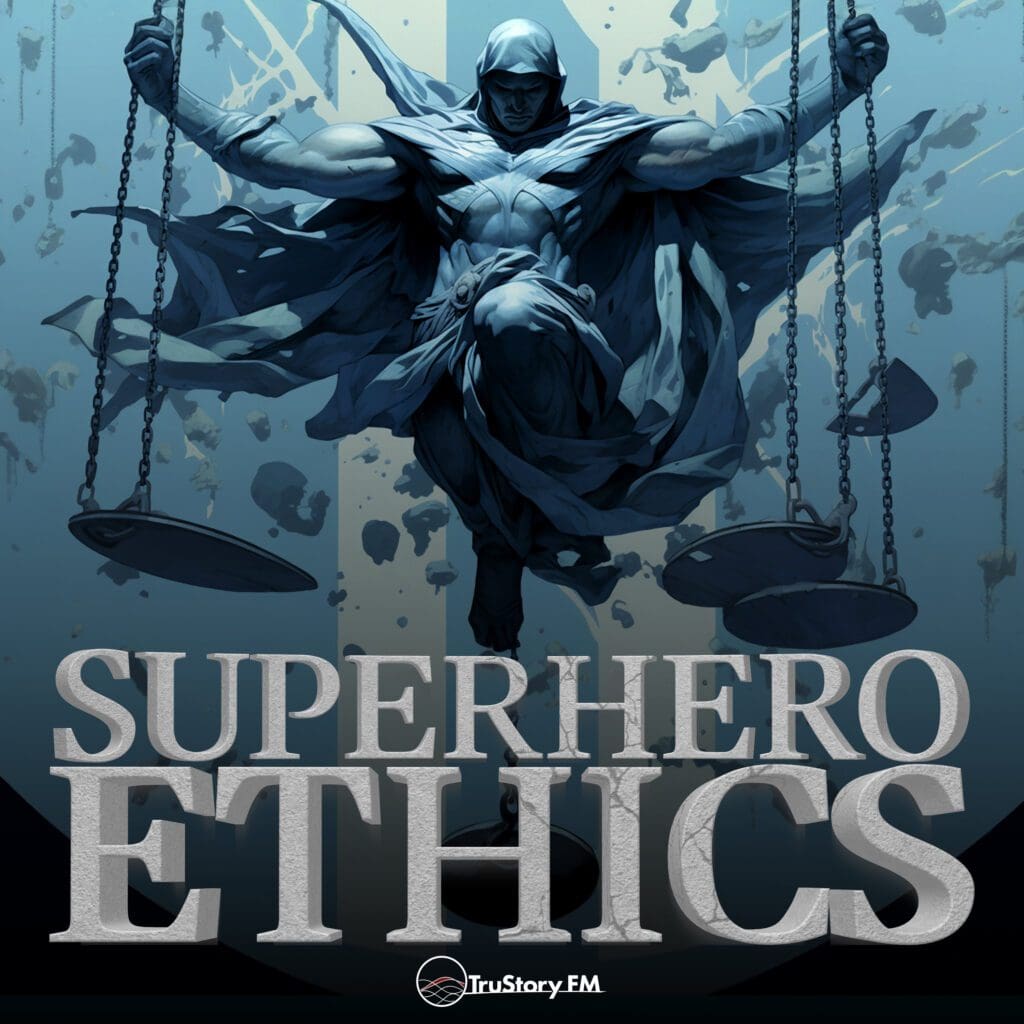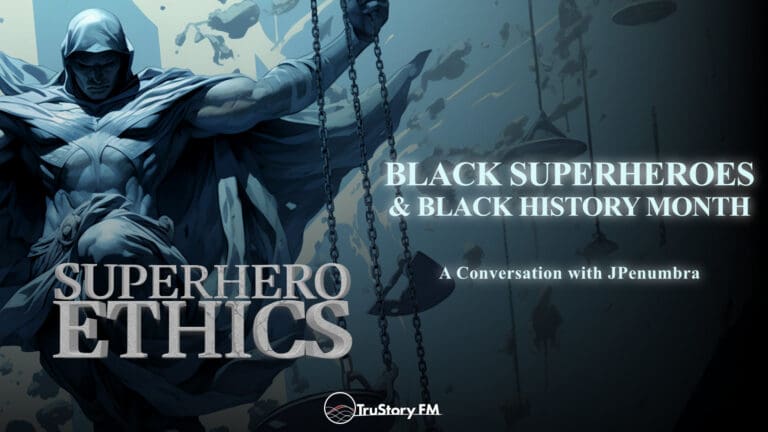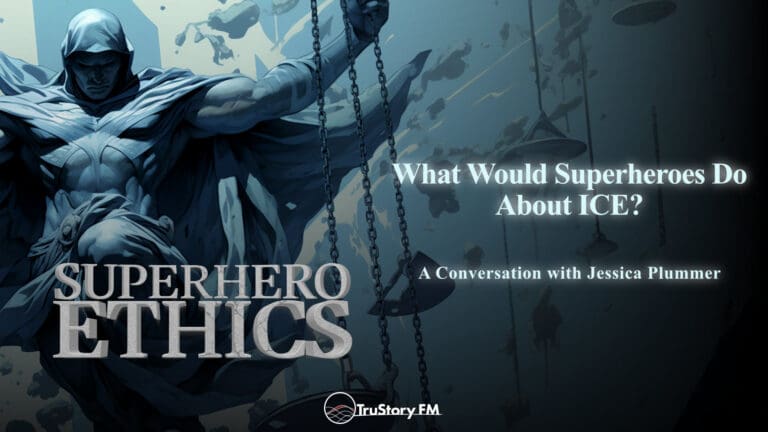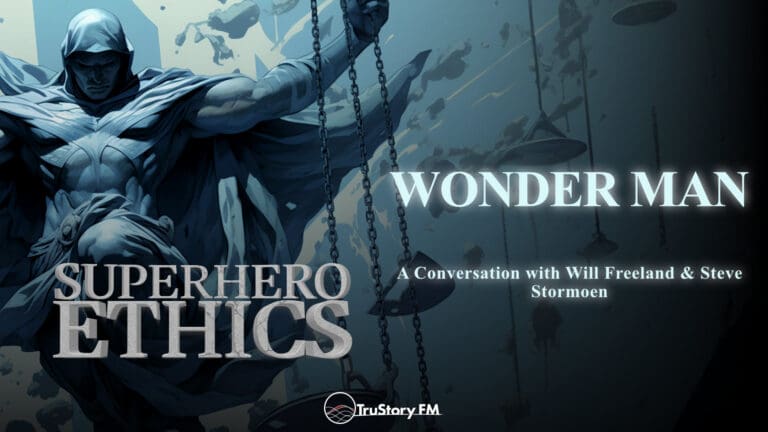Hosts Riki and Matthew welcome returning guest Jessica Plummer to dive deep into Marvel’s Thunderbolts* and its bold attempt to explore mental illness within the superhero genre. The discussion examines whether the film succeeds in portraying depression authentically or falls into problematic tropes about sad white men needing rescue.
The hosts debate whether the film’s treatment of Bob/Sentry reinforces toxic masculinity tropes or genuinely explores community support for mental health struggles. Jessica argues that Yelena remains the true protagonist throughout, while Matthew initially worried the film prioritized Bob’s emotional journey over everyone else’s.
How does the movie portray different types of depression across its ensemble cast? The conversation explores how each character—Yelena’s open struggles, Bucky’s careful masking, Alexi’s self-medication—represents different manifestations of depression and coping mechanisms. The hosts examine whether the film successfully shows that depression isn’t one-size-fits-all.
Can superhero blockbusters meaningfully address serious mental health issues? The discussion weighs whether films with action sequences and quips can authentically explore topics like depression, or if the entertainment format undermines the message. They consider how Thunderbolts* compares to other MCU attempts at mental health representation.
Does the film’s “group hug” resolution feel authentic or overly simplistic? Drawing from a Polygon article by Tasha Robinson, the hosts examine whether the movie adequately addresses the shame and complexity of accepting help during mental health crises, or if it presents an unrealistic fantasy of easy healing.
Other Topics Covered
- The significance of Yelena as the true protagonist versus Bob as a supporting character
- How the film’s non-romantic dynamic between Yelena and Bob affects the narrative
- Comparison between comic book Sentry/Void and the movie adaptation
- The role of community and connection in mental health recovery
- Visual metaphors for depression (the hole/ladder analogy, elevator shaft scene)
- John Walker’s portrayal of domestic depression and toxic masculinity
- The impact of different casting choices on the film’s themes
- How Thunderbolts fits within broader MCU mental health representation
- The creative team’s background in depression-focused storytelling (The Bear, Beef)











